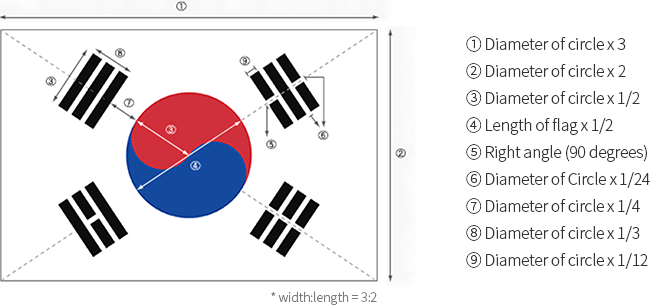What is Carbon Neutrality?
Carbon neutrality is defined as the concept of reducing net carbon emissions to "zero" so that the total amount of greenhouse gases in the air no longer increases. Reducing the net amount of carbon emissions to "zero" by reducing greenhouse gas(GHG) emissions from human activities (positive factor) and removing GHG emissions through forest sequestration or CCUS (negative factor) is referred to as carbon neutrality (net zero).
Participation in global initiatives

Participation in global initiatives is essential to address extreme weather phenomena and comply with international agreements, such as the Paris Agreement of December 2015. The rapid reduction of GHG emissions and the pursuit of carbon neutrality are essential to promote sustainable economic development and strengthen national competitiveness. As conscientious global citizens, committing to carbon neutrality is not only a matter of environmental responsibility, but also a critical step towards a resilient and sustainable future.




